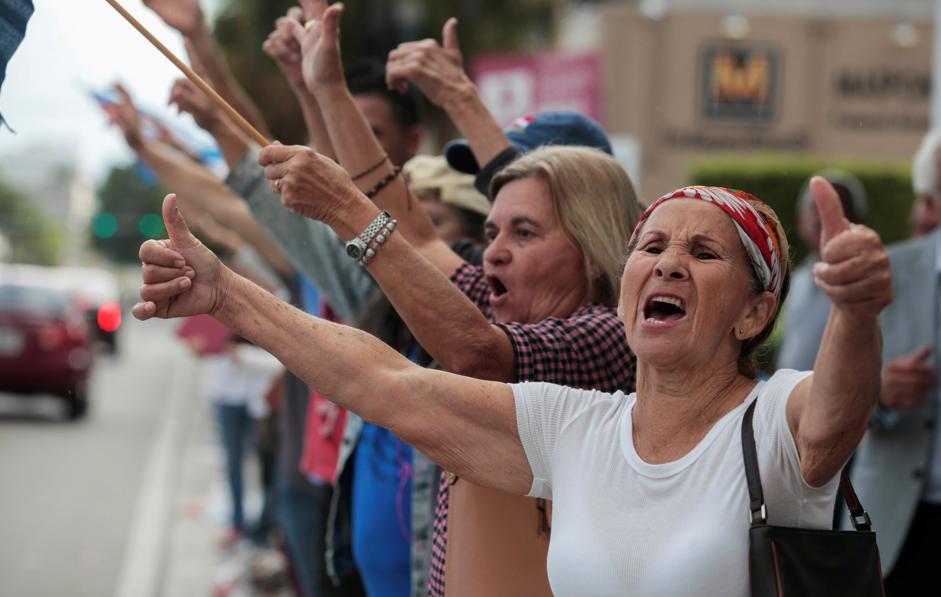
MIAMI — This time it was true: Fidel Castro had died.
Miami’s Cuban-American community erupted in the middle of the night and took to the streets of Little Havana to celebrate. They banged pots and pans. They sang the Cuban national anthem and waved the Cuban flag. They danced and hugged, laughed and cried, shouted and rejoiced.
The seemingly eternal vigil for the death of a man who had profoundly changed the lives of hundreds of thousands of people here — dividing their families, taking their property, imprisoning and sometimes shooting their friends and relatives, wrenching them from their homes and their country — was over. Finally.
“I owe this to my dad — this going out and celebrating,’’ said Isabel De Lara, 67, a former banker who ran to her car when she heard the news and drove to Calle Ocho — Eighth Street — to join the jubilation. She wished her father, who is dead, could have joined her.
It has been more than five decades since De Lara stepped foot off a plane alone, from Cuba, sent to Miami at age 12 by parents who feared for her future after the revolution.
Like thousands of others, she joined in the impromptu conga line of catharsis in front of Versailles Restaurant on Eighth Street, the unofficial headquarters of Miami’s Cuban exile community, where members have always gathered to swap opinions on the latest developments in Cuba.
Vivian Garcia-Montes Castellá, 75, was 19 when she came to the United States from Havana. In the early hours of Saturday, she wept after hearing the news, changed out of her pajamas and joined the caravan to Little Havana. She danced in the street, hugging strangers, as car horns blared.
But there was an overlay of sadness. Castellá knew so many people who had waited for this day their entire lives, and many of them had died before Castro. “There was such sadness to think of all the people, and what everyone went through, and the people who aren’t here today to celebrate and witness this,’’ she said. “My brother who was in the Bay of Pigs, he couldn’t enjoy it the way I am. The people they killed. The people who drowned on the way over here.’’



